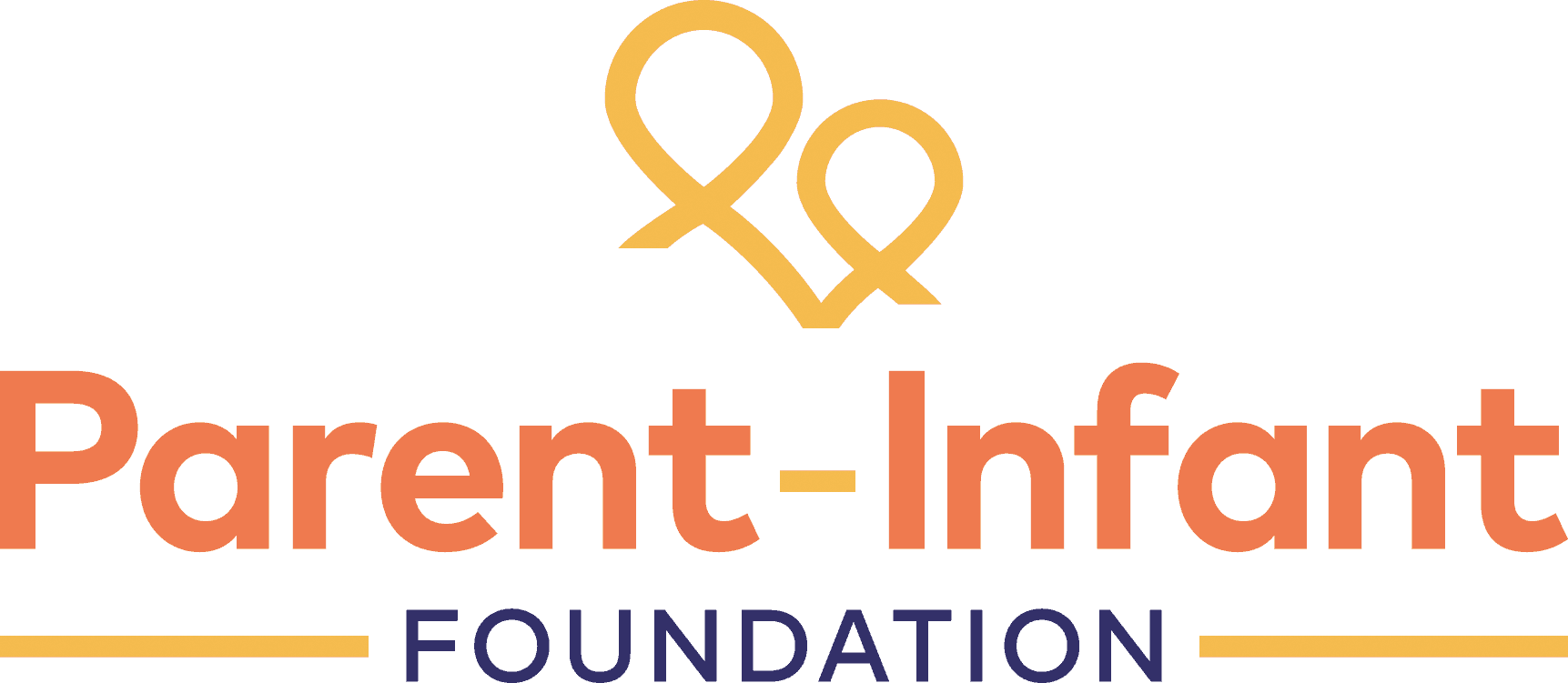Search results
Accessibility Accessibility statement We are committed to providing a website that is accessible to the widest possible audience, regardless of technology or ability, and aim to create an environment that enables anyone to participate fully in the use of this website. We are actively working to increase the accessibility and usability of our website and…
Who is holding the baby? The development of parent-infant teams in the UK Full Report Five years on from our Rare Jewels report, in which the definition of a specialised parent-infant relationship team was first developed, ‘Who is holding the baby?’ provides an up-to-date picture of the growth of specialised parent-infant relationship teams across the…
The Parent-Infant Foundation is delighted to announce it has been awarded more than £1 million from the National Lottery Community Fund to create a new National Parent-Infant Relationship (PAIR) Framework. Babies depend on sensitive, responsive relationships to grow and develop healthily. But many do not get the nurturing care they need1. Parent-infant teams and services support…
We are delighted that last week’s ‘Plan for Change’ announcement by Sir Keir Starmer, brings a commitment to the Start for Life programme for another year, and a focus on babies. In the Plan, as part of its opportunity mission, the government has set out ‘giving children the best start in life’ as a main…
The First 1001 Days Movement is electing a new Steering Group. The Steering Group is elected by members of the First 1001 Days Movement. The Steering Group oversee the Movement’s campaigns, develop policy positions and statements. In line with the Movement’s terms of reference, the steering group is comprised of 12 organisational members and 3…
Ahead of the Budget on Wednesday, the Parent-Infant Foundation has been campaigning hard for the government to extend funding for Start for Life. Currently the programme funding ends on 1 April 2025, and local leaders are worried about the future of services that support babies and their families. Over the summer we surveyed local authorities…
Our Pathway Template is a flexible tool to help local areas to create and present a parent-infant relationships care pathway The Pathway Template PAIR Pathway Template (PDF version) A preview of the template. Download PAIR Pathway Template (MS Word version) Use this template along with the accompanying guidance document below. Download Pathway Guidance Information on…
By Tamora Langley, Head of Policy and Communications at the Parent-Infant Foundation After working with the First 1001 Days Steering Group to develop and launch the ‘Manifesto for Babies’ earlier this year, we have been waiting to see what the political parties would commit to in their manifestos. All have now been published, so what…
7 Recruitment, Management and Supervision of a Specialised Parent-Infant Relationship Team Chapter contents Introduction Professions Competencies, skills and qualities Qualifications, Registration and Regulation Roles and team structure Recruitment and interviewing Supervision Supervision supports the reflective functioning between therapist and family and between parent and infant A note about personal therapy Management and leadership Training and…
The Parent-Infant Foundation has announced the theme and dates for this year’s Infant Mental Health Awareness Week (IMHAW). It will run from 12th to 18th June 2023. IMHAW raises awareness each year of the importance of the First 1001 days. This year’s theme, ‘Bonding Before Birth‘, focuses on pregnancy, and how what happens during…
